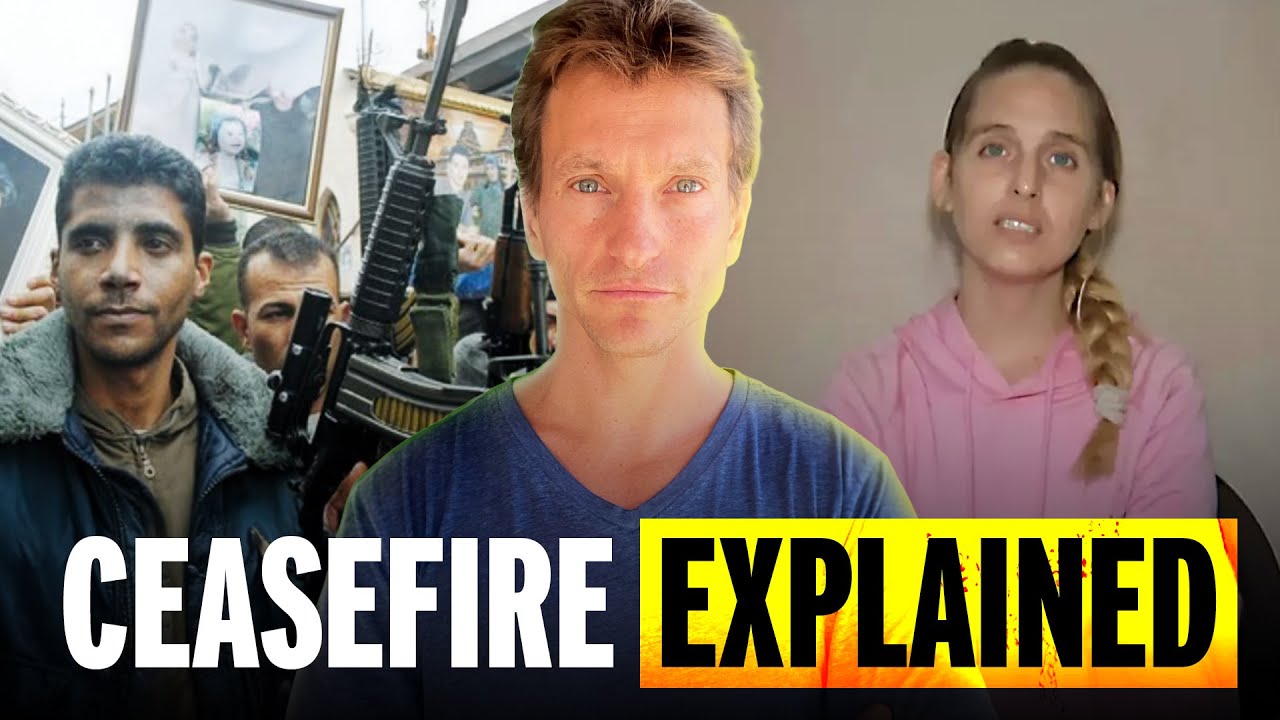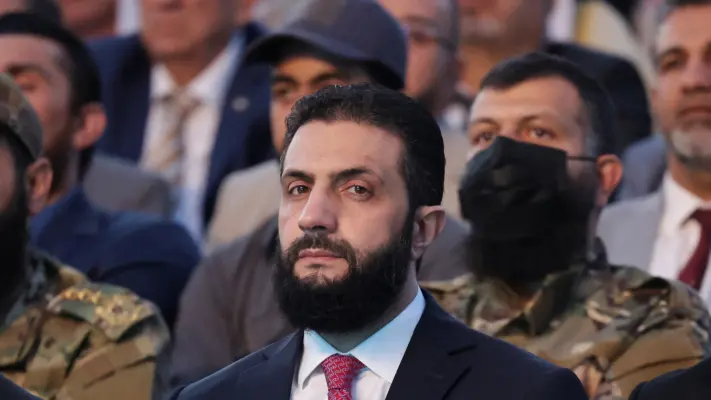In a world saturated with sensational headlines and emotionally charged narratives, it’s easy to lose sight of the facts. Recent coverage of Israel’s actions in Syria, the internal political situation, and the humanitarian crisis in Gaza has painted a picture of a nation spiraling out of control, acting recklessly, and disregarding human rights. But is this really the full story? Or are we witnessing a dangerous oversimplification that ignores the complex realities on the ground?
Let’s break through the noise and look at what’s really happening—and why the world needs to reconsider its rush to judgment against Israel.
The Syria Strikes: Defensive Action, Not Reckless Aggression
The dominant narrative in global media is that Israel’s recent military escalation in Syria, including the bombing of the Syrian Defense Ministry in Damascus, is an act of unprovoked aggression. But this framing is not just misleading—it’s dangerously simplistic.
Here’s what the headlines aren’t telling you:
- Iranian entrenchment in Syria is a direct threat to Israel’s security. According to the Israel Defense Forces (IDF), there have been over 1,000 Iranian-backed attacks on Israel from Syria since 2017. Iran is estimated to have sent more than $16 billion since 2012 to support its proxies in Syria and Lebanon, including arms shipments to Hezbollah. The Syrian regime, complicit in these activities, has allowed its territory to become a launchpad for attacks against Israeli civilians.
- Israel’s strikes are targeted and precise. The IDF reports that between 2021 and 2023, over 150 airstrikes were conducted in Syria targeting weapon depots, missile factories, and command centers linked to Iranian-backed militias. UN reports have documented that civilian casualties from Israeli strikes are significantly lower than those caused by other actors in the Syrian conflict. For instance, the Syrian Observatory for Human Rights recorded fewer than 30 civilian deaths from Israeli strikes in Syria in 2023, compared to thousands from internal fighting.
- International law recognizes the right to self-defense. Article 51 of the UN Charter affirms that nations may defend themselves against armed attack. In 2022, over 3,000 rockets and mortars were launched at Israel from neighboring territories, underscoring the constant, credible threat Israel faces.
Political Turmoil: Democracy in Action, Not Collapse
Much has been made of the recent political crisis in Israel, with the Shas party’s exit from the coalition and the Prime Minister now leading a minority government. Critics are quick to declare the end of Israeli democracy, but this is a fundamental misunderstanding of how robust democracies function.
- Coalition instability is a feature, not a bug, of parliamentary democracy. Israel has had 37 governments in 75 years, with the average government lasting about two years. This reflects a multiparty system where diverse opinions are represented. In the March 2021 elections, 13 parties won seats in the Knesset, Israel’s parliament.
- Israel remains one of the most stable and vibrant democracies in the region. The Economist Intelligence Unit’s 2023 Democracy Index rates Israel as a "flawed democracy" with a score of 7.84, ranking it the highest in the Middle East and North Africa region. Israel has held five national elections between 2019 and 2022, all considered free and fair by international observers.
- Political debate is a sign of strength, not weakness. According to a 2024 Pew Research study, 70% of Israelis believe that open criticism of the government is essential for democracy, compared to a regional average of 35%.
Diplomatic Challenges: Standing Up for Principles
The diplomatic crises with the US, Ireland, and the Hague Group are being spun as evidence of Israel’s isolation. But let’s be clear: standing up for your principles, even when it’s unpopular, is not a sign of weakness.
- Israel is held to a double standard. According to UN Watch, Israel was condemned in 15 out of 22 country-specific UN General Assembly resolutions in 2023, a disproportionate focus compared to other international conflicts. No other country faces similar scrutiny for defensive actions.
- Diplomatic disagreements are part of international relations. Despite tense exchanges, the US remains Israel’s largest military aid provider, contributing $3.8 billion annually under the 10-year Memorandum of Understanding signed in 2016. Trade with the EU reached $46 billion in 2022, demonstrating continued engagement despite political disagreements.
The Humanitarian Narrative: The Real Story in Gaza
Perhaps the most emotionally charged coverage concerns the humanitarian situation in Gaza. Images of suffering, reports of mass casualties, and accusations of ‘concentration camps’ dominate the airwaves. But the reality is far more complex.
- Hamas bears primary responsibility for the suffering in Gaza. Since its 2007 takeover, Hamas has diverted an estimated $1.1 billion in international aid for military purposes, according to the Israeli Ministry of Foreign Affairs. The UN and Human Rights Watch have documented that hundreds of civilian sites in Gaza have been used for military activity, violating international law.
- Israel facilitates humanitarian aid, even at great risk. In 2023, Israel allowed over 120,000 trucks carrying 2 million tons of goods into Gaza, according to COGAT (the Israeli authority responsible for civilian affairs in the territories). Despite ongoing rocket attacks—over 4,000 rockets launched from Gaza in 2021 alone—Israel continues aid transfers. The UN acknowledges Israel coordinates with international agencies to facilitate deliveries, though challenges persist.
- The ‘concentration camp’ narrative is a grotesque distortion. While over 2 million people live in Gaza under difficult conditions, the primary cause is the ongoing conflict between Hamas and Israel. International agencies, including the Red Cross, do not classify Gaza as a concentration camp. The term is widely rejected by historians and legal scholars as inaccurate.
Discrimination and Inclusion: The Facts
Stories of discrimination, such as the planned demolition of a Palestinian disability center, are used to undermine Israel’s image as an inclusive society. But these stories are often stripped of context and nuance.
- Israel is a diverse, multicultural society. As of 2024, 21% of Israeli citizens are Arab, according to the Israel Central Bureau of Statistics. Arabs, Druze, Christians, and other minorities serve in the Knesset, with 13 Arab members elected in the 2022 elections. There are currently two Arab justices on Israel’s Supreme Court.
- Legal disputes are not evidence of systemic discrimination. In 2023, the Israeli courts heard over 7,500 petitions from Arab citizens and organizations regarding land and housing, with a 27% success rate for petitioners, according to the Adalah Legal Center. Zoning and building codes are enforced on all citizens, and affected parties have the right to appeal.
The Bottom Line: Don’t Believe the Hype
It’s easy to get swept up in the outrage machine, to accept the loudest voices and the most shocking images as the whole truth. But Israel’s story is not one of aggression, collapse, or cruelty. It is a story of a nation under siege, striving to protect its people, uphold democratic values, and pursue peace in a region that too often rejects it.
Before you rush to judgment, ask yourself: are you seeing the full picture, or just the part that fits a convenient narrative? The truth is more complicated—and far more compelling—than the headlines would have you believe.


